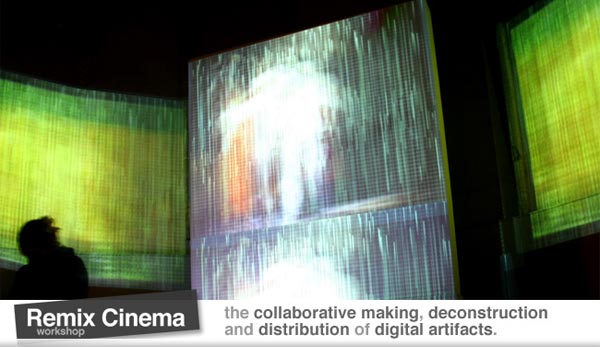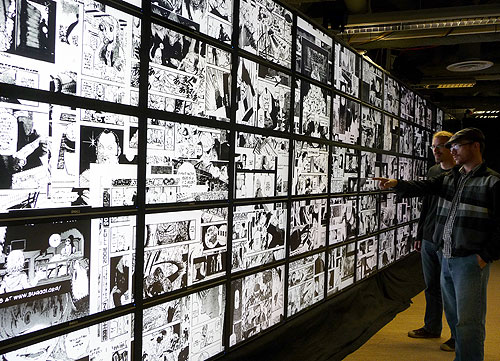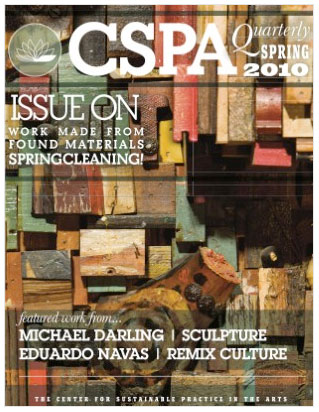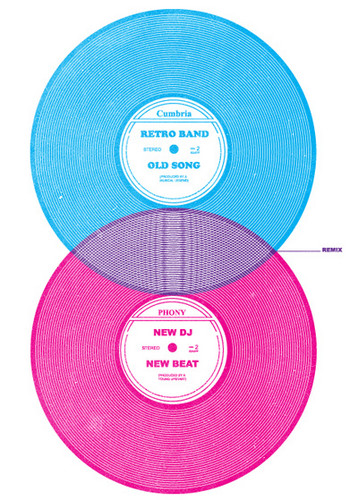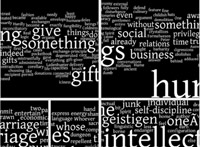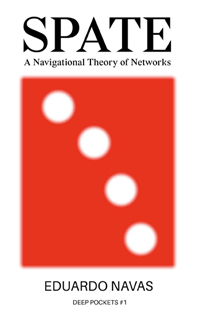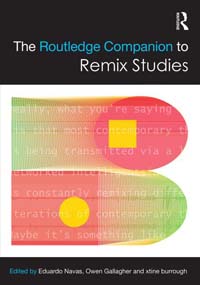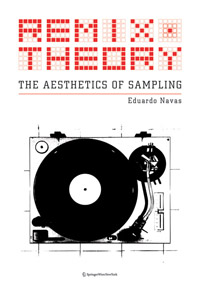Electronic Literature and the Mashup of Analog and Digital Code, by Eduardo Navas
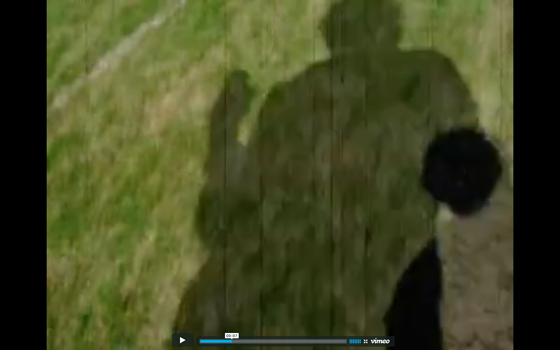
Image: Playing Jeff, a mashup from Bunk Magazine and Mad Hatter’s Review special issue.
Note: The following text was written for the peer review journal Dichtung Digital, issue 2010, 40. To read the complete material, please visit http://www.dichtung-digital.de/en. Direct link: http://www.dichtung-digital.org/2010/navas/navas.htm
Abstract:
This essay examines the complexity of contemporary electronic literary practice. It evaluates how electronic literature borrows from, and also influences, the reception of the textual message in other forms of communication that efficiently combine image, sound and text as binary data, as information that is compiled in any format of choice with the use of the computer. The text aims to assess what it means to write in literary fashion in a time when crossing over from one creative field to another is ubiquitous and transparent in cultural production. To accomplish this, I relate electronic literature to the concept of intertextuality as defined by Fredric Jameson in postmodernism, and assess the complexity of writing not only with words, but also with other forms of communication, particularly video. I also discuss Roland Barthes’s principles of digital and analogical code to recontextualize intertextuality in electronic writing as a practice part of new media. Moreover, I discuss a few examples of electronic literature in relation to mass media logo production, and relate them to the concept of remix. The act of remixing has played an important role in the definition of literature in electronic media. All this leads to a recurring question that is relevant in all arts: how does originality and its relationship to authorship take effect in a time when the death of the author is often cited due to the growing amount of collaboration taking place in networked culture?
To read the full text visit http://dichtung-digital.mewi.unibas.ch/. Direct link: http://dichtung-digital.mewi.unibas.ch/2010/navas/navas.htm

